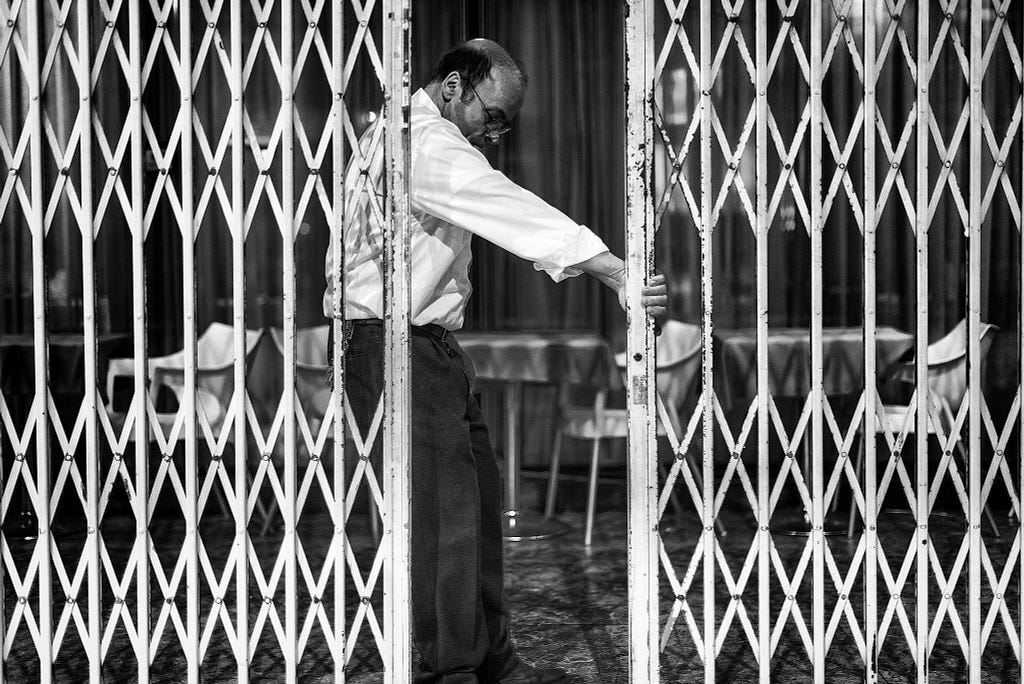
23 February 2017 UPI
An analysis of bot behavior over the course of a decades shows even “benevolent” bots bicker. In fact, researchers found evidence of bot-versus-bot fights lasting several years.
28 February 2017 The Hindu
Software robots designed to improve articles on Wikipedia sometimes have online ‘fights’ over content that can continue for years, say scientists who warn that artificial intelligence systems may behave more like humans than expected.
The Future of Free Speech, Trolls, Anonymity and Fake News Online

The internet supports a global ecosystem of social interaction. Modern life revolves around the network, with its status updates, news feeds, comment chains, political advocacy, omnipresent reviews, rankings and ratings. For its first few decades, this connected world was idealized as an unfettered civic forum: a space where disparate views, ideas and conversations could constructively converge. Its creators were inspired by the optimism underlying Stuart Brand’s WELL in 1985, Tim Berners-Lee’s World Wide Web and Electronic Frontier Foundation co-founder John Perry Barlow’s 1996 “Declaration of Independence of Cyberspace.” They expected the internet to create a level playing field for information sharing and communal activity among individuals, businesses, other organizations and government actors.
It was a long and difficult road to get the major publishing houses to open up to open access, but in the end the Dutch universities got their much awaited ‘gold deal’ for open access. A recently revealed contract between Elsevier and the Dutch research institutes lays bare the retardant tactics the publishing giant employs to stifle the growth of open access.

The traditionally Dutch Elsevier was playing a home game, but that didn’t save it from getting entangled in a series of difficult negotiations with the Dutch universities over the course of 2014 and 2015. The ministry of Education, Science and Culture, backing up ‘The Consortium’ negotiating on behalf of the Dutch universities, called for all research articles funded with public money to be made publicly available. The publishers were not having it. At the end of 2014 negotiations ended in what the chair of the The Consortium called ‘a stalemate’ and a boycott of Elsevier was looming.
Discover more from Erkan's Field Diary
Subscribe to get the latest posts sent to your email.